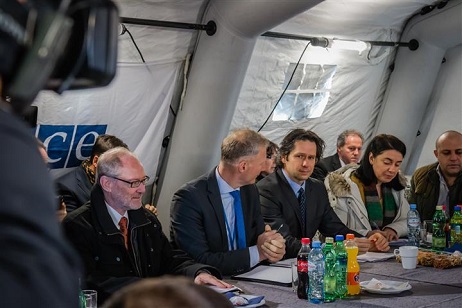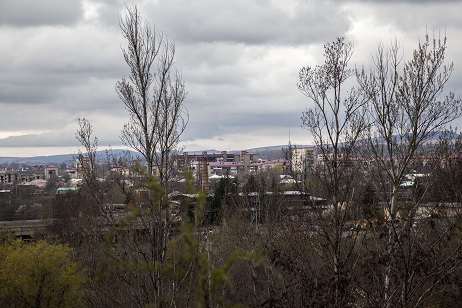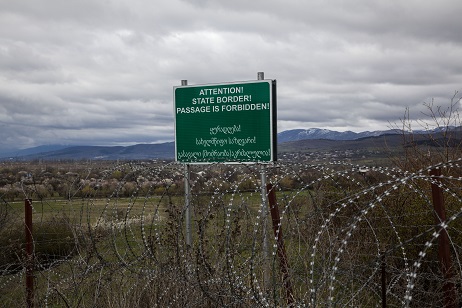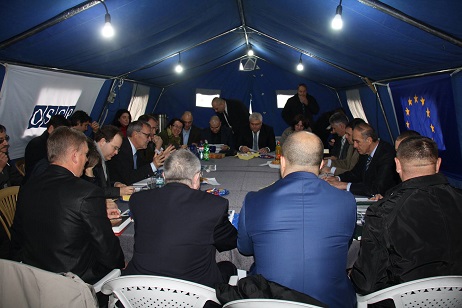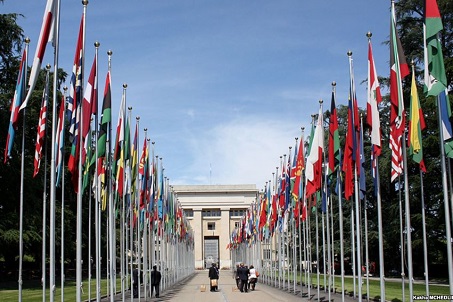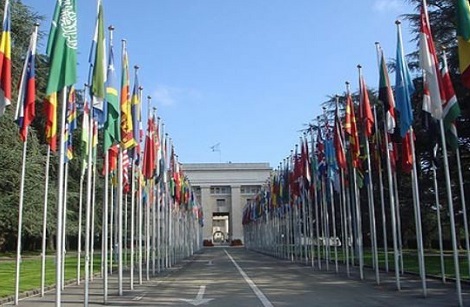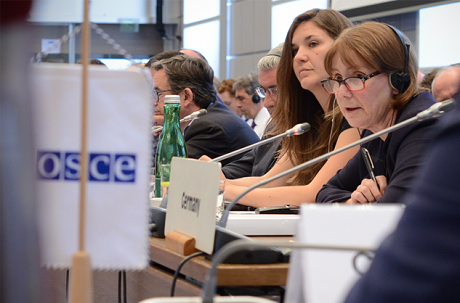PM Kvirikashvili: OSCE’s role in Geneva Talks is “crucial”
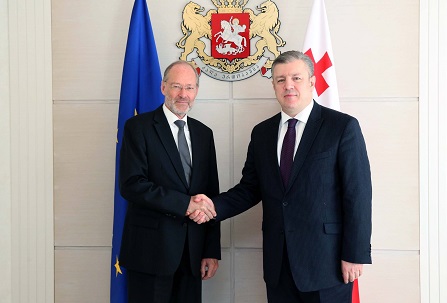
Prime Minister of Georgia Giorgi Kvirikashvili believes the Organisation for Security and Co-operation in Europe (OSCE) plays an important role in the prevention of security threats against Georgia.
The Georgian official shared his opinion of the importance of the OSCE in ensuring regional stability while meeting OSCE Special Representative in the South Caucasus Gunter Behler today at the Government of Georgia Administration building in capital Tbilisi.
The OSCE is the world’s largest security-oriented inter-governmental organisation that specialises in conflict prevention, crisis management and political negotiations.
PM Kvirikashvili stressed the participation of the OSCE in the Geneva International Discussions and the Incident Prevention and Response Mechanism (IPRM), which addressed problematic issues in and around Georgia’s occupied Tskhinvali (South Ossetia) region, was crucial for ensuring safety and security in Georgia.
Kvirikashvili and Behler also spoke about the regional security threats and the current situation in villages located near the Administrative Boundary Line (ABL) with occupied Tskhinvali (South Ossetia) region.
- The IPRM was created in February 2009 as a result of the Geneva International Discussions that followed the 2008 Russia-Georgia conflict in Georgia. The meetings were an opportunity to identify and discuss potential risks and follow-up of incidents and issues affecting the communities on a daily basis.
- The Geneva International Discussions, commonly called Geneva Talks, are co-facilitated by the OSCE and the European Union Monitoring Mission (EUMM) in Georgia.
- The talks are co-chaired by representatives from the European Union (EU), United Nations (UN) and OSCE and are held in two working groups – one addressing security issues on the ground (including international security arrangements and the non-use of force) and the other addressing humanitarian issues.
The OSCE is the world’s largest security-oriented inter-governmental organisation that comprises of 57 participating states, all who share equal power. Decisions are taken by consensus on a politically but not legally binding basis.
 Tweet
Tweet  Share
Share
